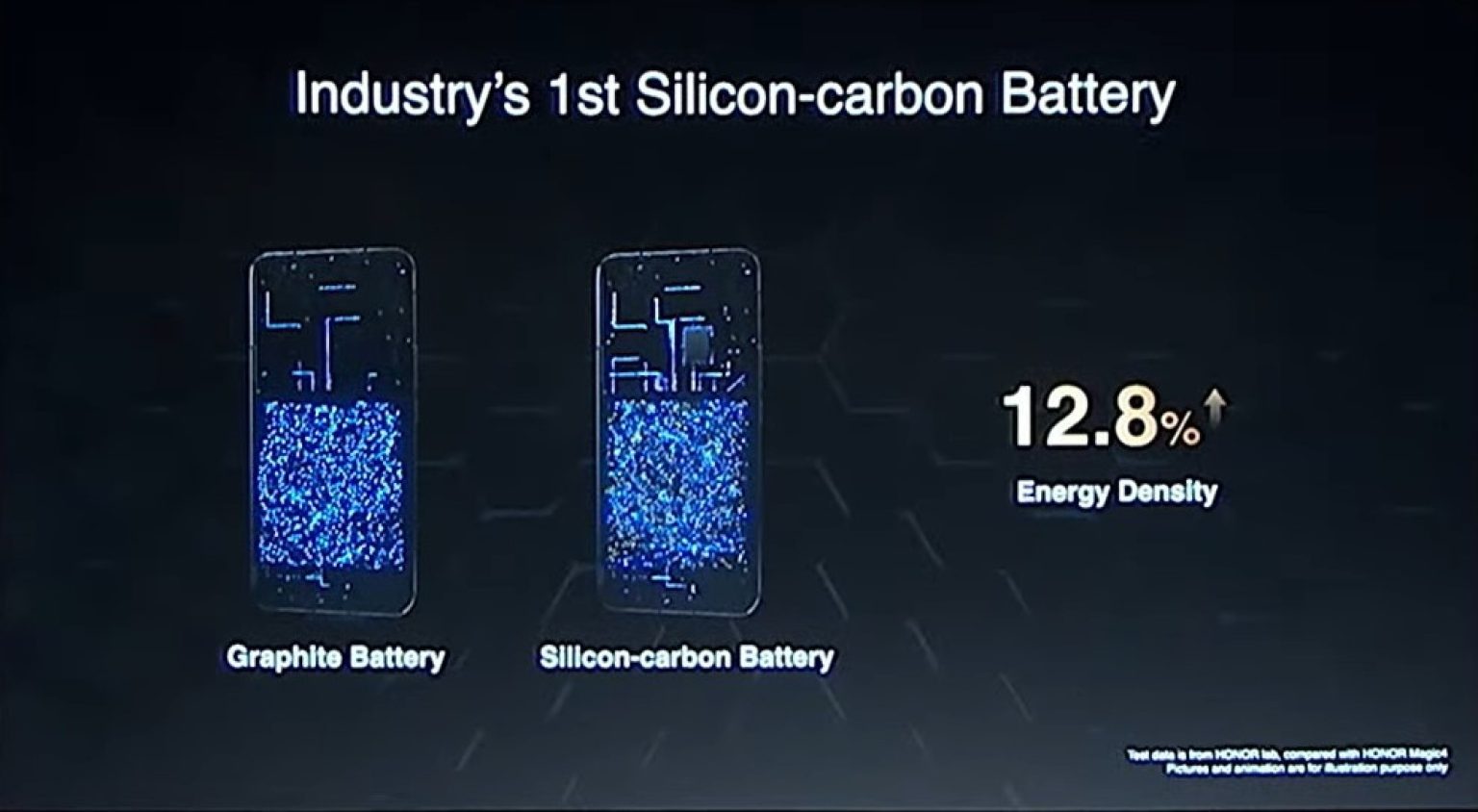Lithium-ion batteries have propelled incredible advancements, but their limitations are becoming evident. Silicon-carbon battery technology represents a paradigm shift, promising significant gains in energy density, charging speeds, and operational resilience. This breakthrough isn’t just about better smartphones; it holds the potential to transform industries from electric vehicles to grid-scale energy storage.
Key Advantages for Professionals to Understand:
- Extended Range & Reduced EV Size/Weight: With higher energy density, electric vehicles could achieve longer ranges or incorporate smaller, lighter batteries. This translates to cost savings, design flexibility, and improved sustainability.
- Enhanced Logistics & Supply Chain: Faster-charging, longer-lasting batteries could optimize delivery routes for electric fleets, reduce downtime, and streamline shipping operations.
- Portable Power Solutions: Construction sites, remote work locations, and outdoor events may see benefits from longer-lasting, more robust power sources thanks to silicon-carbon technology.
- Renewable Energy Integration: Silicon-carbon batteries could enhance grid-scale energy storage for solar and wind power. This supports a greener energy landscape and increased reliability.
Challenges and Advancements:
- Material Science & Manufacturing: Early silicon-carbon batteries faced durability issues. However, innovations in composite materials and production techniques are leading to more stable, long-lasting solutions.
- Scaling and Cost-Efficiency: Continued research and development are focused on streamlining mass production and lowering the cost of silicon-carbon batteries for widespread adoption.
Silicon-carbon batteries are still in their early commercial phases, but investment and innovation are accelerating rapidly. Companies across various sectors would be wise to monitor the maturation of this technology. It’s poised to make a significant impact on how we power our devices, transport goods, and build a more sustainable future.


Leave a Reply